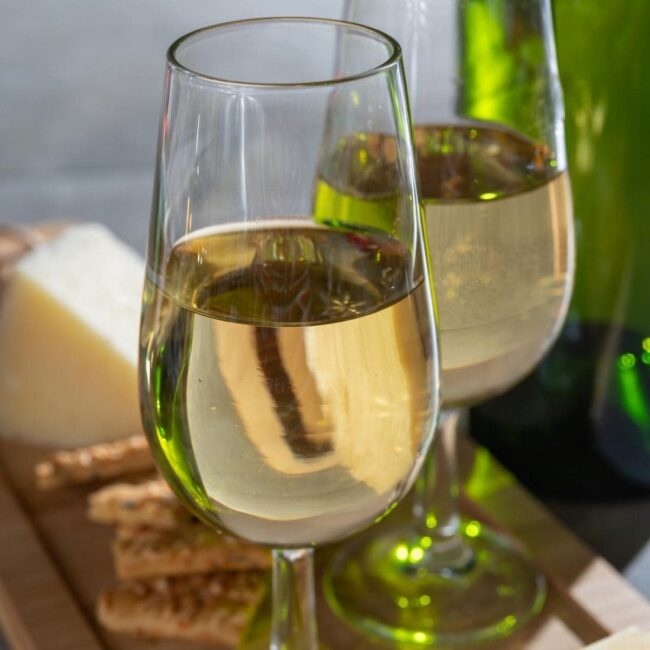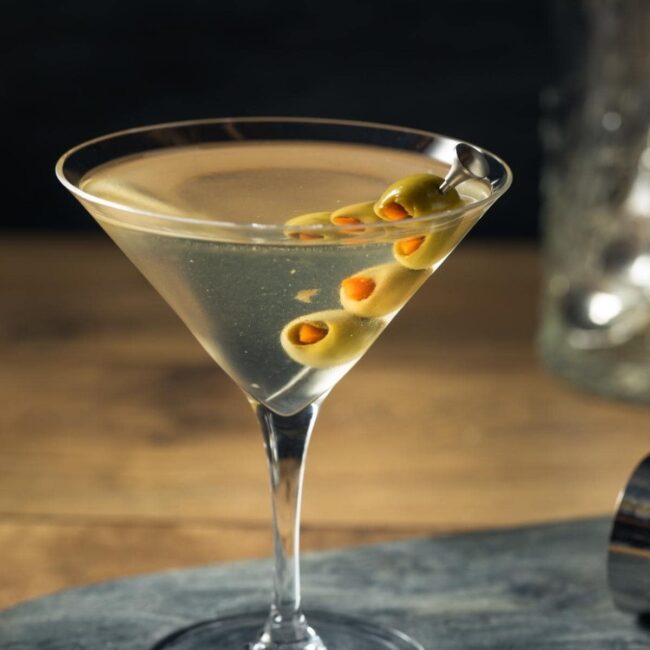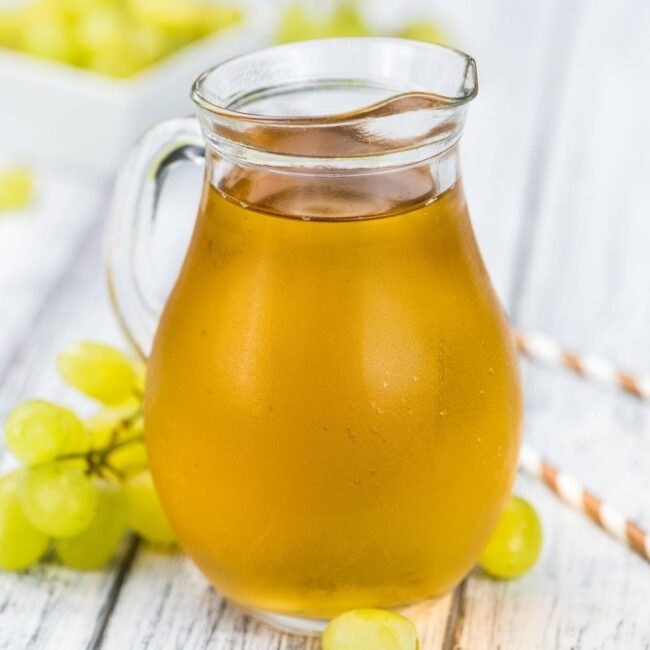8 Deep Marsala Wine Replacements for Flavor
Marsala wine infuses dishes with a rich, slightly sweet depth often used in Italian cooking.
When a replacement is needed, fortified wines, non-alcoholic alternatives, or rich broths can provide similar warmth.
Some options enhance caramelized undertones, whereas others highlight a drier, more fruit-forward finish.
The balance of sweetness and acidity should align with the dish’s purpose.
Understanding Marsala Wine
Marsala wine is a fortified Italian wine known for its deep, complex flavors. It is commonly used in both cooking and dessert recipes.
Beginning and Background
The history of Marsala wine stretches back to the late 18th century.
An English merchant named John Woodhouse saw the promise of local wines in Sicily and fortified them for long sea journeys, sharing this discovery with the world.
This fortified wine hails from the area surrounding Marsala, a city in Sicily known for its rich heritage.
Alcohol, often distilled from grapes, is added during production to enhance both strength and shelf life.
Two primary varieties exist: Dry Marsala and Sweet Marsala; each serves distinct culinary needs and appeals to various palates.
The versatility of these wines makes them popular choices for cooking as well as sipping on their own.
Taste Characteristics
Understanding the characteristics of Marsala wine enhances culinary experiences.
Dry Marsala features an amber to deep gold color and a nutty, slightly sweet taste with hints of caramel, vanilla, and dried fruits.
It shines in savory recipes like veal or chicken Marsala.
On the other hand, sweet Marsala presents a golden to dark brown hue with rich flavors reminiscent of raisins, dates, and figs.
This variety pairs beautifully with desserts such as tiramisu and zabaglione.
Knowledge about its origin and types empowers confident choices when cooking or tasting this unique wine.
Alcohol-Based Substitutes
If you're out of Marsala wine, these substitutes can add similar richness to your dishes. These options maintain depth and complexity.
Madeira Wine
A variety of styles exists for Madeira wine, a fortified beverage from Portugal.
This wine shares flavor characteristics with Marsala, allowing it to serve as an effective replacement.
Both cooking and drinking benefit from its unique taste.
Adjusting the sweetness level when substituting Madeira can enhance your dish or drink according to personal preference.
Dry Madeira pairs wonderfully with savory recipes, while semi-sweet or sweet varieties shine in desserts.
Its versatility makes it a great addition to any kitchen pantry.
Dry Sherry
Dry sherry serves as a great alternative to Marsala wine.
This fortified wine hails from Spain and shares a similar flavor profile, making it suitable for various dishes.
When preparing savory meals, opt for dry varieties like Fino or Manzanilla.
Sweet recipes benefit from using sweeter options such as Pedro Ximénez or Cream Sherry.
A straightforward substitution ratio of 1:1 works well when replacing Marsala with sherry in cooking.
With its versatility, dry sherry can enhance many culinary creations effortlessly.
Red and White Vermouth
Vermouth serves as a great alternative to Marsala wine.
This fortified wine features a blend of herbs and spices that adds an interesting taste.
For dessert recipes, opt for a sweeter vermouth to enhance flavors.
A dry variety pairs well with savory meals, enhancing their richness.
Red vermouth shines in dishes that require depth, while white vermouth complements sweet treats beautifully.
Choosing the right type can elevate your cooking experience significantly.
Port Wine
Ruby port serves as a wonderful choice for desserts, while tawny port complements savory dishes beautifully.
This fortified wine offers a richer and sweeter flavor profile compared to Marsala.
Adjusting the amount used is essential since its strong taste can impact your dish's overall flavor.
Sweetness levels vary, so keeping this in mind will help achieve the desired outcome in recipes.
Using tawny or ruby can enhance flavors depending on whether you're cooking or baking with it.
Port wine truly adds depth to meals when chosen wisely.
Brandy Infused Alternatives
A mixture of brandy and wine can provide a unique alternative in cooking.
Equal parts of brandy and dry white wine work well for savory meals, serving as a substitute for Marsala wine.
For dessert recipes, blending brandy with sweet white wine captures the flavor profile similar to that of Marsala.
Tasting during the process is essential; adjustments may be needed to reach the perfect flavor balance in your dishes.
This approach opens up new culinary experiences while maintaining deliciousness in every bite.
Non-Alcoholic Substitutes
Non-alcoholic alternatives can replace Marsala wine in cooking without compromising flavor.
Grape Juice Variants
Substitutes for non-alcoholic Marsala wine include grape juice options.
White grape juice combined with sugar serves as a great alternative, closely resembling the flavor of Marsala.
Mixing these two ingredients creates an excellent match for recipes calling for the wine.
Cranberry juice also works well; using it in equal measure can replace Marsala effectively.
These alternatives offer wonderful choices when looking to enjoy dishes without alcohol while maintaining taste and quality in cooking or baking.
Combining Fruit and Syrups
Finding a non-alcoholic substitute for Marsala wine can be both fun and rewarding.
Blending fruit juices with syrups creates a flavorful mix that enhances various dishes.
Grape juice or cranberry juice pairs well, so consider using one cup of either.
Adding 2-3 tablespoons of your preferred fruit syrup can elevate the taste even further.
Adjust these ingredients based on the dish and your own flavor preferences for the best results.
These alternatives allow everyone to savor robust flavors without any alcohol involved, making meals inclusive and enjoyable for all.
Stocks and Vinegars
Finding substitutes for Marsala wine can lead to delicious results.
For savory meals, mixing chicken or vegetable stock with a splash of sherry vinegar creates an excellent flavor profile.
This combination enhances dishes without overpowering them.
Using stocks allows for rich, hearty tastes while the vinegar adds a pleasant acidity that brightens the meal.
Adjust the amounts based on personal preference to achieve just the right balance in your cooking.
Experimentation with these ingredients often uncovers new favorites in culinary creations.
Picking the Best Alternative
Choosing the best Marsala wine substitute depends on the dish and desired sweetness. Alternatives like sherry or grape juice can work in different recipes.
Swap by Dish Type
Selecting a Marsala wine substitute depends on the type of dish being prepared.
For savory meals, Madeira or dry sherry works well in dishes like chicken Marsala or veal Marsala.
These alternatives share flavors that keep the depth of your dish intact.
When it comes to desserts, sweeter options shine brighter; Port, sweet sherry, and red vermouth can elevate treats such as tiramisu or wine reduction sauces without losing their essence.
Understanding the primary flavors in your recipe ensures you choose wisely for each occasion.
Tailoring substitutes to fit specific dishes enhances both taste and enjoyment.
Thinking About Taste and Color
Choosing a substitute for Marsala wine involves careful consideration of flavor and color.
Two types of Marsala exist: golden (Oro) and ruby (Rubino).
When preparing desserts, sweeter options like Port or sweet sherry enhance the dish’s taste beautifully.
For savory recipes, salty substitutes such as dry sherry or Madeira offer a well-rounded flavor profile.
The right choice can greatly influence the success of your meal.
Taking time to evaluate these elements ensures that your dish shines in both taste and appearance.




